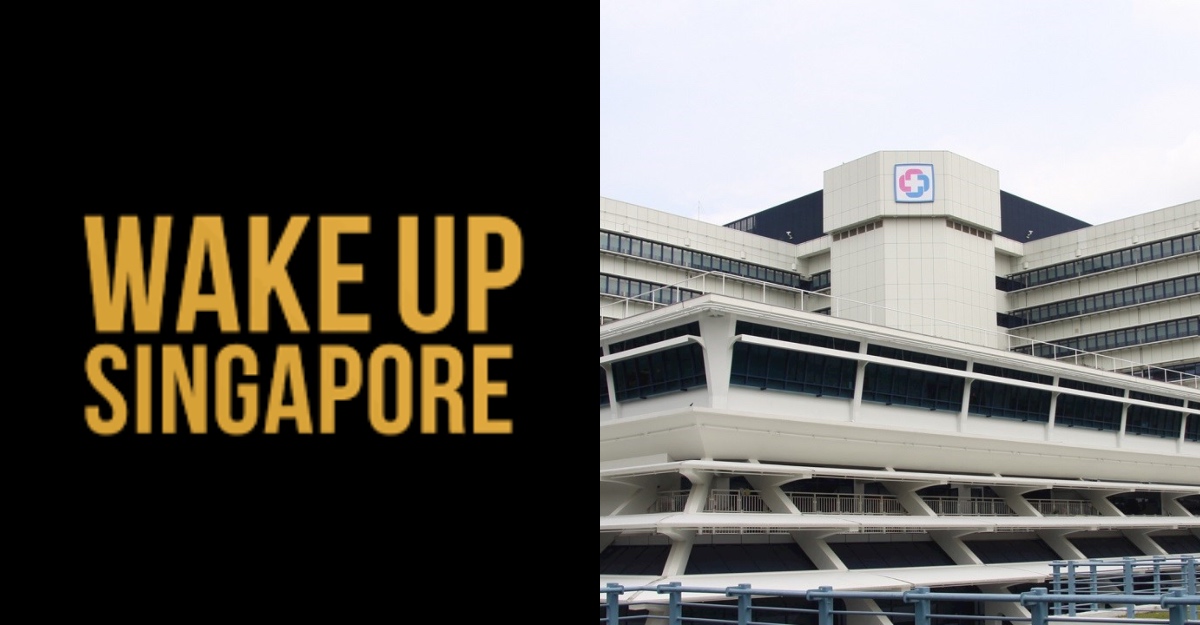At the Green Shoots seminar held on August 29, Ravi Menon, the managing director of the Monetary Authority of Singapore (MAS), addressed Singapore’s stance on cryptocurrencies and digital assets.
Once known for its progressive attitude — with the introduction of licensing regulations in 2020 — the country’s claim to being a global crypto hub has since come under question. Crypto companies including Bybit and Binance have reconsidered their local operations, as countries such as Dubai prove to be more attractive.
In light of the ongoing crypto winter, Singapore’s regulations could become even more restrictive.
Adding frictions on retail access to cryptocurrencies is an area we’re contemplating. These may include customer suitability tests and restricting the use of leverage and credit facilities for cryptocurrency trading.
– Ravi Menon, Managing Director, MAS

MAS has discouraged retail crypto investments since 2017, and these measure would go in line with the same stance. Earlier this year, the authority issued a set of guidelines prohibiting crypto companies from advertising to the Singaporean public.
Despite this sentiment, it’s unlikely that upcoming regulations will take shape as an outright ban on cryptocurrencies. This seems to be out of necessity, not choice.
“Banning retail access to cryptocurrencies is not likely to work. The cryptocurrency world is borderless. With just a mobile phone, Singaporeans have access to any number of crypto exchanges in the world,” Menon explains.
Why are cryptocurrencies unsuitable for retail investors?
MAS maintains that cryptocurrencies lack the three fundamental qualities of money: to act as a medium of exchange, a store of value, and a unit of account. While they’re useful within a blockchain — to facilitate rewards for validators — they don’t serve a purpose beyond that.
Outside a blockchain network, cryptocurrencies serve no useful function except as a vehicle for speculation. It is very risky for the public to put their money in such cryptocurrencies, as the perceived valuation of these cryptocurrencies could plummet rapidly when sentiments shift. We have seen this happen repeatedly.
– Ravi Menon, Managing Director, MAS
Citing the Luna / UST crash as an example, Menon highlights that cryptocurrencies aren’t driven by underlying economic fundamentals.
Since the start of the year, MAS has been working to mitigate retail exposure to cryptocurrencies. Despite the warnings issued in the years prior, the authority has found — through surveys — that more and more people have been investing in crypto. This is true not only in Singapore, but around the world.
“Many consumers are still enticed by the prospect of sharp price increases in cryptocurrencies,” says Menon. “They seem to be irrationally oblivious about the risks of cryptocurrency trading.”
Has Singapore given up on being a crypto hub?
In reality, MAS never intended for Singapore to be a crypto hub — at least not in the way that term is commonly perceived. The authority’s crypto vision revolves around supporting real-world use cases, not promoting speculative trading and risky investments.
“Our vision is to build an innovative and responsible digital asset ecosystem in Singapore,” says Menon. “This is a core part of MAS’ overall FinTech agenda.”
As such, MAS recognises cross-border payments, trade finance, and pre- and post-trade capital market activities as some of the most promising use cases offered by digital assets. There are a number of ventures in Singapore exploring these ideas.

“Partior, a joint venture by DBS, JP Morgan, and Temasek, is achieving reductions in settlement time from days to mere minutes,” Menon cites, as an example of digital asset technology improving cross-border settlements.
The digital asset ecosystem is built on the ideas of tokenisation and distributed ledgers. Cryptocurrencies are a type of tokenised asset and a blockchain is a type of distributed ledger, however, they both only make up a subset of the entire ecosystem.
MAS finds potential, not solely in cryptocurrencies, but in this idea which they’re built upon.
“The concept of asset tokenisation has transformative potential, not unlike securitisation 50 years ago,” says Menon. “Tokenisation enables the monetisation of any tangible or intangible asset.”

Take real estate, for example. Tokenisation would allow a property to be represented as any number or digital tokens. This would allow investors to buy a portion of a property and trade it freely. This would make the real estate investments a lot more liquid and accessible.
“MAS itself has launched an initiative – called Project Guardian – to explore the potential of tokenised real economy and financial assets,” Menon adds. “The first industry pilot will explore the institutional trading of tokenised bonds and deposits.”
Where are crypto regulations headed?
Apart from protecting retail investors, crypto regulations in Singapore need to cover other areas too.
As it stands, regulations are primarily focused on addressing money laundering and terrorist financing. Since crypto users often operate under pseudonyms and can only be identified by their wallet address, this made it easier to conduct illicit transactions.
To address this, crypto exchanges in Singapore are now required to collect further identifying information when users attempt to transfer funds between different crypto wallets.

Technology and cyber concerns are another prominent issue in the crypto space. In 2022 itself, over US$1 billion worth of funds have been lost to hacks and smart contract exploits.
“MAS is reviewing measures to manage these and other technology and cyber risks, including further requirements to protect customers’ digital assets and uplift system availability.”
Next, there’s the problem of stablecoins and their ability to maintain a constant value. MAS sees good potential in stablecoins, provided they are securely backed by high quality reserves and well regulated.
“There are currently no international standards on the quality of reserve assets backing stablecoins,” explains Menon. “MAS will propose for consultation a regulatory approach for stablecoins by October.”
Finally, MAS is also looking into regulations addressing market manipulation in the crypto space, as well as a framework to manage the exposure which traditional banks have to digital assets.
Featured Image Credit: Starling Trust / Coingape
Also Read: S’pore lawyer says Hodlnaut has a “fighting chance” to save crypto business, repay users








